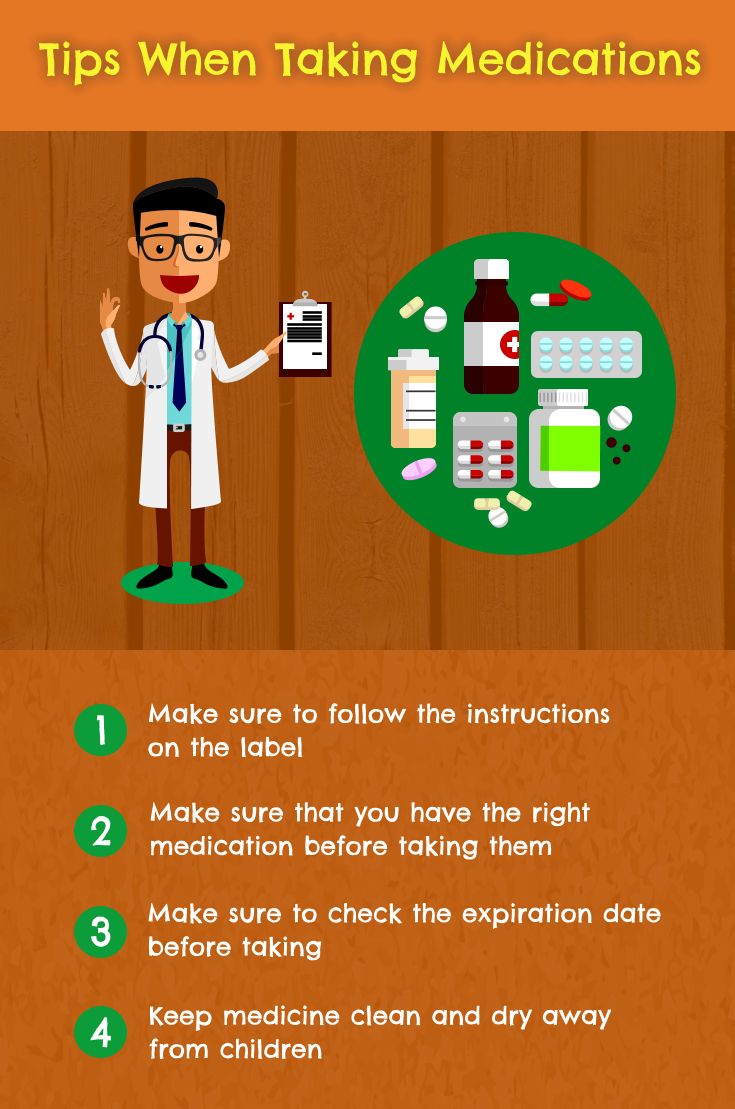Sure, here are some general medicine tips that can help you manage your health and well-being:
General Health Tips:
- Stay Hydrated: Drink plenty of water throughout the day to keep your body functioning properly.
- Eat a Balanced Diet: Incorporate a variety of fruits, vegetables, lean proteins, and whole grains into your diet.
- Exercise Regularly: Aim for at least 30 minutes of moderate exercise most days of the week.
- Get Enough Sleep: Strive for 7-9 hours of quality sleep each night.
- Avoid Smoking and Limit Alcohol: Smoking and excessive alcohol consumption can have serious health consequences.
Medication Management:
- Follow Prescriptions Carefully: Take medications exactly as prescribed by your healthcare provider.
- Set Reminders: Use alarms or apps to remind you to take your medications.
- Store Medications Properly: Keep medications in their original containers and store them as directed (e.g., in a cool, dry place).
- Keep a Medication List: Maintain an up-to-date list of all medications, including dosages and schedules.
- Understand Side Effects: Be aware of potential side effects and interactions with other medications.
Preventive Care:
- Regular Check-ups: Schedule routine visits with your healthcare provider for check-ups and screenings.
- Vaccinations: Stay up-to-date with recommended vaccinations for your age and health condition.
- Healthy Habits: Practice good hygiene, such as regular handwashing, to prevent infections.
- Manage Stress: Engage in activities that help reduce stress, such as meditation, yoga, or hobbies.
- Mental Health: Pay attention to your mental health and seek help if you experience symptoms of anxiety, depression, or other mental health issues.
Chronic Disease Management:
- Monitor Symptoms: Keep track of any changes in your health and report them to your healthcare provider.
- Lifestyle Changes: Make necessary lifestyle adjustments, such as dietary changes or increased physical activity, to manage chronic conditions.
- Education: Educate yourself about your condition and treatment options.
- Support System: Build a support network of family, friends, or support groups.
Emergency Preparedness:
- First Aid Kit: Keep a well-stocked first aid kit at home and in your car.
- Know Emergency Numbers: Have emergency contact numbers easily accessible.
- Plan Ahead: Have a plan in place for medical emergencies, including knowing the location of the nearest hospital or urgent care center.
Natural Remedies and Complementary Therapies:
- Herbal Supplements: Consult with your healthcare provider before using any herbal supplements to ensure they are safe and won’t interact with your medications.
- Alternative Therapies: Consider therapies like acupuncture, massage, or chiropractic care as complementary to traditional treatments.
Important Reminders:
- Communicate with Your Healthcare Provider: Always keep an open line of communication with your healthcare provider and ask questions if you have concerns about your health or treatment plan.
- Educate Yourself: Stay informed about your health conditions and treatment options to make well-informed decisions about your care.
- Be Proactive: Take charge of your health by making lifestyle changes and seeking preventive care to avoid potential health issues.
Remember, these tips are general guidelines. It’s important to consult with healthcare professionals for personalized advice and treatment plans.



